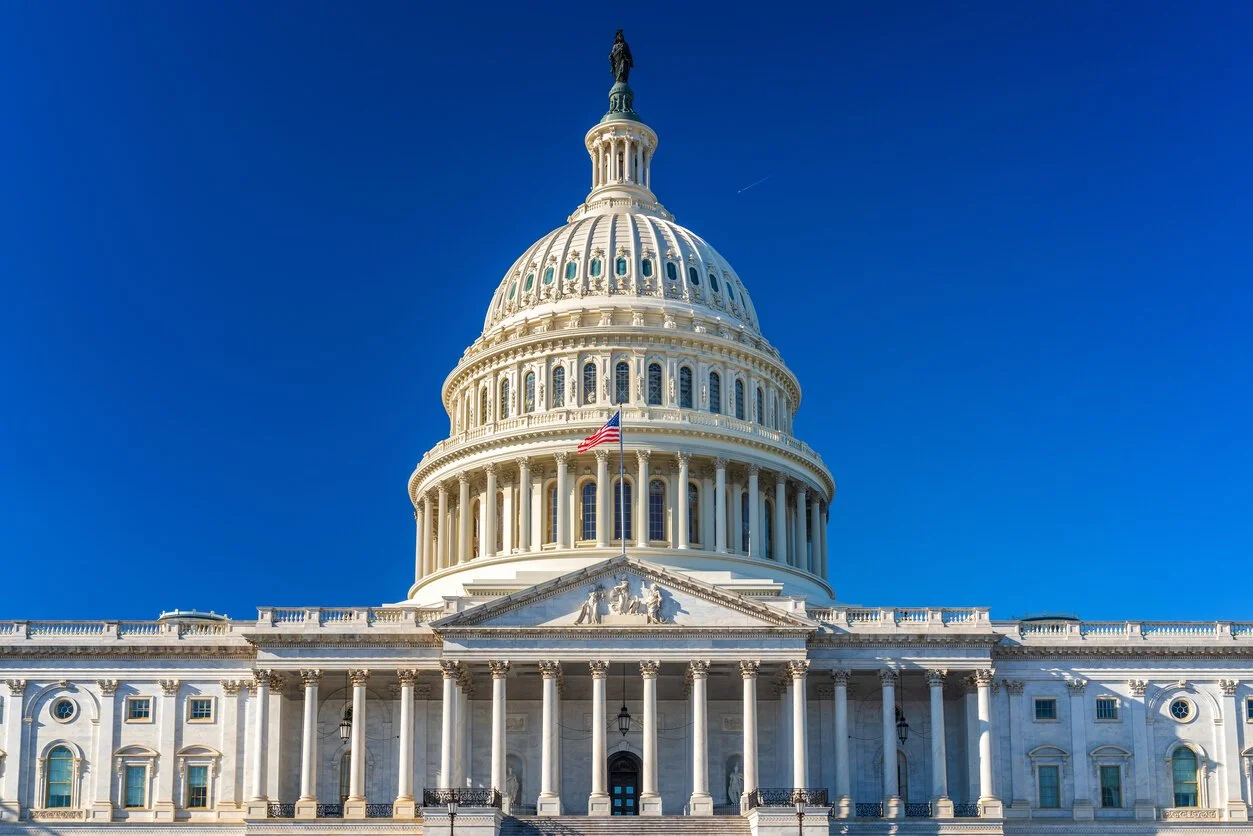How NDAA Provisions Will Affect the Federal Workforce
The House and the Senate both recently passed their own forms of the National Defense Authorization Act (NDAA), H.R. 6395 and S. 4049, respectively.
Last year, Congress excluded several agencies from receiving paid parental leave benefits, including employees at the Federal Aviation Administration (FAA), some employees at the Veterans Health Administration (VHA) and non-screeners at the Transportation Security Administration (TSA). This year’s NDAA includes provisions that would provide previously left out groups with twelve weeks of paid parental leave - a stipulation with which both the House and Senate agree.
Additionally, the NDAA takes into consideration a recommendation made by the Cyberspace Solarium Commission that would bring back the position of Cybersecurity Coordinator, which was eliminated by the White House two years ago.
Instead of creating a new agency for cybersecurity, which could take years to implement, Rep. Mike Gallagher (R-WI), one of the solarium’s co-chairmen, claims that restoring the cyber coordinator role would be the “least bureaucratic option, least onerous and most efficient” in building a coordinated cyber defense system for the United States. The House version of the bill contains an amendment that would “create a National Cyber Director within the executive office of the president,” according to a Federal News Network article.
The House version of the bill includes provisions for improvements to the federal hiring process and reports from the administration on skills gaps in the federal IT workforce. Another goal of the House bill is to expedite the results of the Federal Employee Viewpoint Survey (FEVS) and make it compatible with mobile phones. House appropriators noted in a report regarding their spending proposals, “the Federal Employee Viewpoint Survey is administered to employees each spring; however, since agencies do not receive their survey data from OPM until the fall, leaders are not able to respond or react quickly to employee feedback.”
There is a provision in the House spending bill that would benefit federal employee unions. Under the provision, agencies would not be able to deny unions access to office space inside federal facilities. Furthermore, labor representatives would be able to use official time for union activities.
The National Commission on Military, National, and Public Service made 164 recommendations to this year’s NDAA to improve federal hiring practices, but there is unlikely to be a significant overhaul to federal hiring, veterans’ preferences, or federal benefits. Joe Heck, the commission’s chairman, told the Senate Homeland Security and Governmental Affairs Subcommittee on Regulatory Affairs and Federal Management that “the commission has proposed noncompetitive eligibility for individuals who have already succeeded in competitive selection processes and demonstrated capabilities relevant to our public service.” This year’s NDAA will not adopt the national commission’s restructuring of federal hiring practices, but lawmakers have pledged to continue discussing the issue.
The House and Senate will form a conference committee to iron out differences between the two bills. FEDmanager will continue tracking negotiations.


